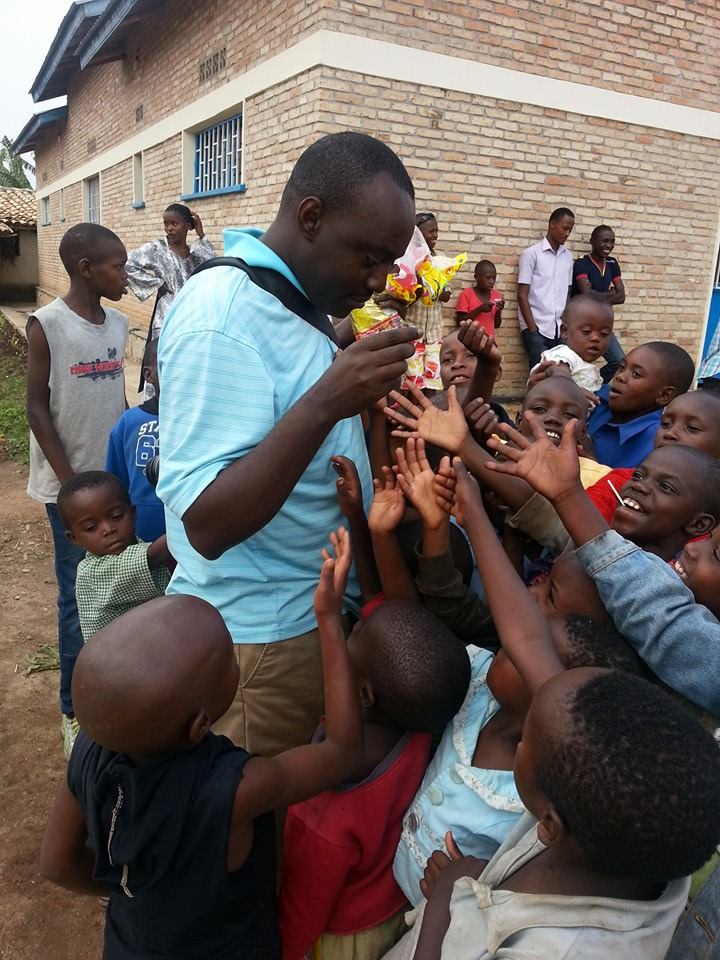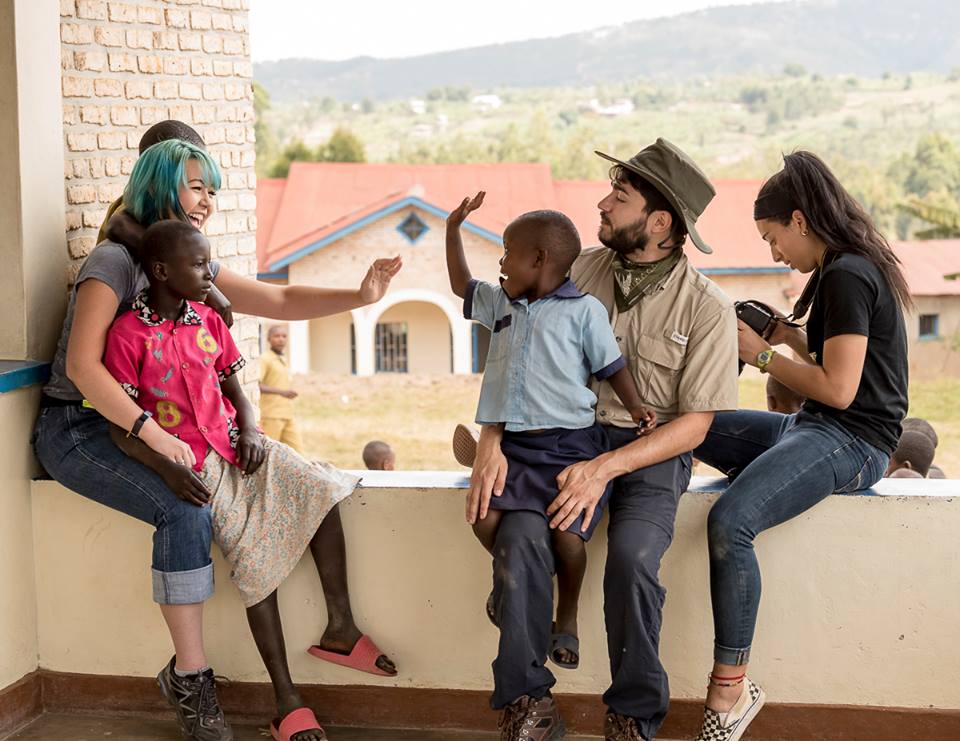I am sure you have heard that too much of anything is bad. It’s true. Too much of good things that you are not used to can be very bad. Let me use an illustration to make my point. Suppose that you are not wealthy but you can provide a modest living for your child. Though you would like your child to have the best, he or she has learned to be comfortable with your simple lifestyle. For few days, your neighbor gets a visitor who happens to be a very wealthy person. Feeling sorry for child, the wealthy guy in town starts showering your child with expensive gifts and love (which he needs) that makes him/her feel like he/she is living in a dream. To this child, having the rich guy around is like you having your favorite Hollywood celebrity in town with all of his attention focussed on you.
Because kids adapt very fast, he/she start asking you (the parent) the same things he/she gets from the new wealthy friend. Unfortunately, you have to say no and maybe give him/her a tough lecture on why he/she should not be asking such things that you cannot afford. Every time you say no, he/she runs to the new wealthy friend and he/she gets exactly what he/she wants. While he/she is with the new friend, he/she is given an overwhelming affection and love and every thing his heart longs for. Unfortunately not from you as the parent and you know it will soon be gone. How do you think the actions of this good Samaritan will affect the relationship with your child? How will it affect the child and how will it make him feel when the Good Samaritan eventually has to leave? Imagine if your own child start wishing he/she was born in a different family that can provide what she just tasted!
You are probably thinking: What are we supposed to do? Leave a child hungry if we can easily feed him? I am not suggesting that. What I am suggesting, though is that handing money and things simply because people need them and we can easily afford it may not always be a wise decision. At the same time, giving or showing a child more love and affection than he/she has ever gotten from his/her own parents may not be a good thing. I have realized that different cultures have different ways to express love and emotions. It is important that we learn and try to stay within local cultural boundaries.
I think that we, short-term missionaries do a great job in learning about what is accepted and what is expected in order to be respectful and mindful of other cultures. However, many of us have a hard time controlling our “well-intentioned” emotions. All short-term missionaries that I have met have something in common. They are equipped with so much love and passion for the people they serve yet they only have two weeks or less to pour it out on the people. So, if they simply let it out, it can be a little too much. In this situation, corporate love (I don’t even know if this exist but I mean loving a big group as a whole) works much better than focusing all of the attention and affection on one person/child
Let me reiterate that I believe God wants us to love and bless them but we have to do it in moderation so to not overstep on their cultural values. As I mentioned in my previous post, we must first meet the person before meeting his/her needs. Thus, with the help of the Holy Spirit, we will discern how to best love and serve them in ways that do not conflict or compromise their cultural values and belief. If not controlled, our passionate expression of love and affection can lead to an emotional corruption that will do more harm than good. It can unintentionally turn a much-needed cultural exchange into a cultural change.
With everything that can go wrong, how do you even prepare for a mission trip? Well, there are things that you simply cannot plan or prepare for. The best you can do is to continuously seek God’s help and wisdom while you are serving. At the same time, you will need to work closely with a local mission partner. This local partner cannot be someone you just hire. He or she must be someone you have gotten to know and trust; someone who knows and trusts your ministry. Through a stronger relationship, your partner will be empowered to guide you and to tell you everything even when it is not what you want to hear (as long as it glorifies God). Just as much as missions can be challenging and complex for the mission-goers, the same is true for the local partner hosting us. Next time, I will share something I have learned as a host.
Related Posts:
Your only qualification for God’s mission is your obedience and trust
God’s mission is a two way street and it’s not just about them; It’s also about you.


